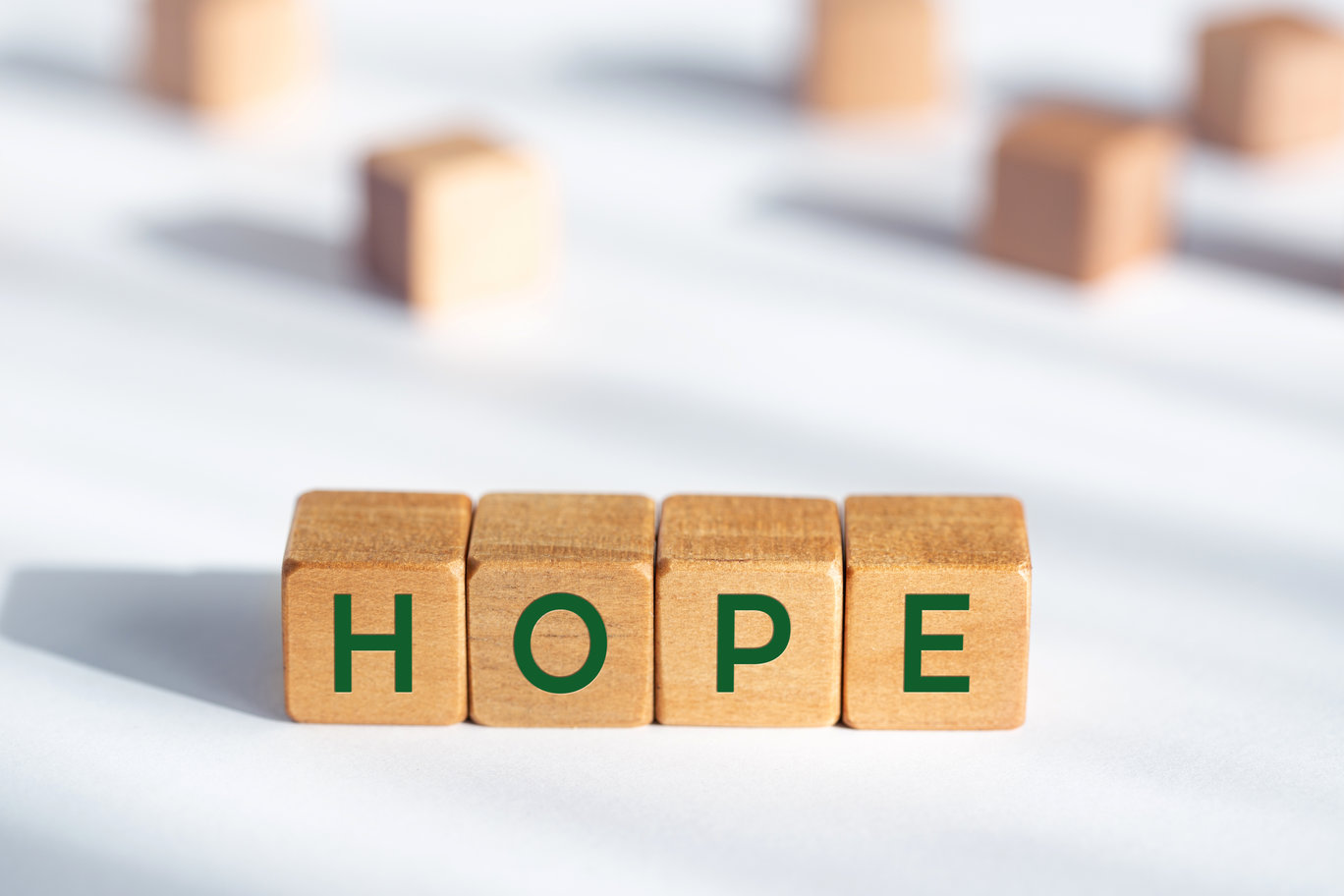We are living in a time of divisiveness politically, socially, and above all in the midst of a global pandemic.
Many people are discussing these times as unprecedented and full of unpredictability, chaos, and uncertainty – however, I want you to consider for a moment a time in your experience when life has ever been predictable. Can you think of one?
Even if your life has been routine and seemingly mundane, in some way, changes happen.
Can you remember a time when the world was entirely peaceful or without uncertainty? Has your life ever been without change, be it as small as the weather, your mood or an unexpected change of schedule. You simply cannot predict the unpredictable nature of life.
As the Greek philosopher, Heraclitus said, “The only constant in life is change.”
That doesn’t mean you can’t feel the effects of uncertainty, particularly when it’s magnified worldwide in the form of a global pandemic with all sorts of health implications, life, and travel restrictions not to mention a huge impact on the economy and our personal lives.
But what you can do is gain control of your response to the fear that arises from those feelings of uncertainty.
Fear is present in all of our lives now more than ever. With the headlines blaring 24/7 and constant changes, we each deal with these events differently.
The best way to cope with fear is to realize that it’s not the circumstances and events that dictate how your life will go, but rather how you handle those circumstances and events. How you decide to embrace that fear and uncertainty will determine your experience of it.
When people feel little control over what happens in their lives, they become increasingly vulnerable and emotionally and physically weak. It’s a slippery slope into victimhood and feelings of self-doubt, anxiety, fear, and even full-blown panic.
Living in a state of constant fear can have a very detrimental impact on your life.
Practicing gratitude can help balance this fear of change. Gratitude allows you to reframe your perspective and focus instead on what is within your control. You can apply new meaning and purpose to your life by grounding yourself in gratitude and finding a sense of present-moment calm.
Here are four ways that gratitude can help counter your fears.
1. Gratitude takes the power out of fear
Practicing gratitude can act as an antidote to fear. Think about it, fear and gratitude cannot exist at the same moment, they are energetic opposites. You cannot feel pure gratitude and appreciation for something, and at the same time be afraid.
When you are afraid, you have created a fearful story about what you are worried about. It could be a story about what might happen, what other people will think or the mistakes you have made. Fear is usually always accompanied by a worst-case scenario that exists in an uncertain future.
When you practice gratitude instead, you calm and quiet that story in your head by focusing on what is now in the present, instead of jumping ahead in a panic trying to come up with scenarios that are unlikely to happen in an unpredictable future.
2. Gratitude creates hope

Hope is a great side effect of gratitude practice. When you are focusing your energy towards what is going right, you create space for more hope. Instead of feeling despair and desperation, your attitude of gratitude keeps hope alive.
Hope is really important, especially when surrounded by fearful things. It is a stepping stone to faith, and when you have faith you become aligned to the magic of the Universe.
3. Gratitude gives you courage to experience life meaningfully
When you are stuck in fear you tend to want to hide away from the world and not connect with other people. Your relationships suffer and you close down emotionally. In contrast, expressing gratitude has a magical way of opening you more to experience life fully. Gratitude helps you to trust and connect with a deeper experience of life. In this way, I feel like gratitude gives you the courage to participate in life fully, even when things seem scary.
4. Gratitude calms and grounds you
When you are afraid, your heart beats faster, your stress levels rise and your thoughts can be wildly ungrounded and all over the place.
When you practice gratitude, you ground yourself into the present moment. Gratitude acts as a calming tonic to those chaotic thoughts, bringing you to connect to that place of inner stillness and balance. It allows you to center yourself and be present which is vital to your health and wellbeing.
When fear is a constant factor in your life and you feel truly overwhelmed, try developing a gratitude practice. It won’t make fear disappear forever but it will provide you with the tools for managing your reaction to it.
Make it your choice to choose gratitude over fear every single day.

